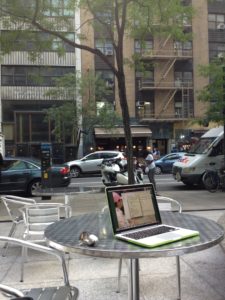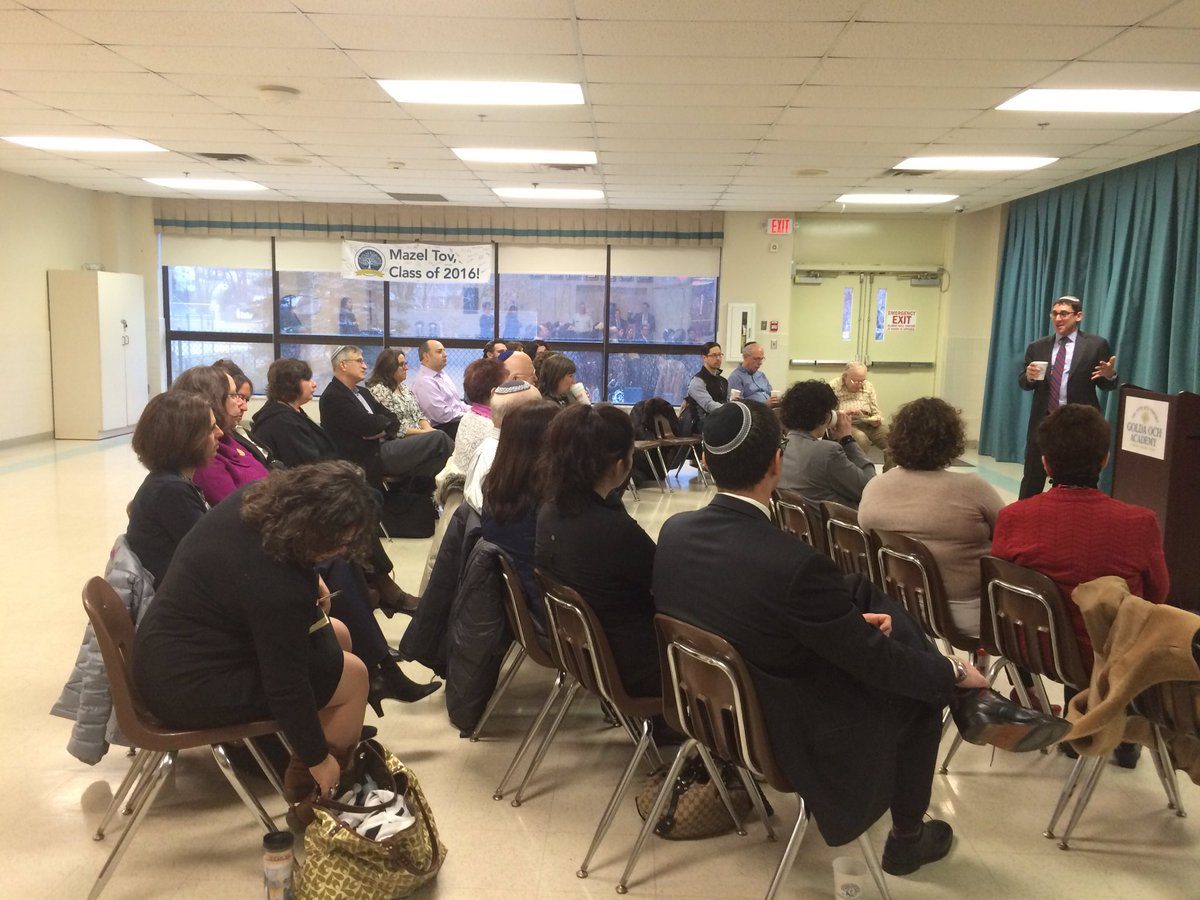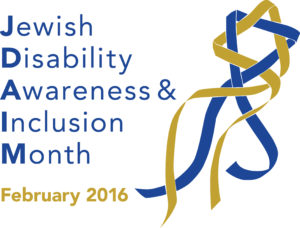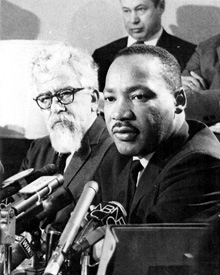
So here we are again. Sooner than anyone could have expected, but with great excitement about what is yet to come, it time again for me to pause, prepare and repurpose this blog for the next chapter of my journey.
Two years and nearly sixty blog posts later, my time at the Schechter Day School Network – and the existence of the Network itself – draws to a close.
Almost two years to the day, I wrote my last blog post as the head of the Martin J. Gottlieb Day School in which I reflected on what had been and looked forward to what was going to be…a task made easier by my knowing with greater clarity “what was going to be”. To be transparent, that is not a luxury I yet have, at least in terms of my personal professional situation, but it diminishes not one bit my enthusiasm for Schechter’s future.
The first post I wrote as the Executive Director of the Schechter Day School Network was entitled “Schechter: Becoming the Adjacent Possible for Jewish Education”. In it, I wrote of my hopes for a reborn Schechter:
That’s how I see what is happening in Schechter schools – an adjacent possible for the future of education. That’s what role I see for Schechter in the field – learning from and contributing to a larger adjacent possible for the future of the Jewish people. Let our ability to serve as incubators of innovation catalyze the field. Let our thirst for the new and the better stimulate and foster healthy collaborations with our sister networks of schools, foundations, federations, stakeholders, supports and friends, both in the Jewish world and beyond.
“[L]earning from and contributing to a larger adjacent possible for the future of the Jewish people.”
Having had the blessing of visiting over forty of our schools, I can say with confidence that Schechter schools are contributing to the future of the Jewish people each and every day. Our schools broadly share assumptions about standards, innovation, excellence, rigor, integration, Zionism, Hebrew language acquisition, centrality of prayer, and much more which simply cannot be reduced to policy or schedule or a prayerbook. They are big tent schools who serve diverse communities. They produce Jewish communal leadership in unprecedented numbers ensuring there is a future to reach towards.
“Let our ability to serve as incubators of innovation catalyze the field.”
I am proud of the growing impact of edJEWcon on the field as a result of the stage Schechter has been able to set for its ongoing evolution. I am staggered by how many of our schools are leading innovation and inspiring the field. Robotics, STEAM, Coding, Makers Space, Project-Based Learning, 21st Century Learning – pick any slice of the innovative educational future and I can give you 3 Schechter schools who are leading the way.
“Let our thirst for the new and the better stimulate and foster healthy collaborations with our sister networks of schools, foundations, federations, stakeholders, supports and friends, both in the Jewish world and beyond.”
We are proud of this brief, but critical chapter of Schechter’s proud history that we have helped write. We are excited about the next chapter of Schechter to be written as part of the story of NewOrg. And we look forward to both knowing and sharing who the authors of that story will be…
As for me?
Well, I hate to end the season and head off to summer on a cliffhanger…
…but it wouldn’t be authentic or transparent to suggest that I know more than I do. And as of this writing, there isn’t much more I can say other than, “Stay Tuned”!
I can say for sure that when my future becomes more clear, you’ll be able to read all about here on “A Floor, But No Ceiling”. This blog will again be reborn with new challenges to explore, new opportunities to share, and new issues to grapple with. I look forward to resuming our journey together soon…

 NewOrg and less and less from us as the transition from what was to what will be grows closer each day. Critical information about “Membership”, “Conference”, “Fee For Service”, “Staffing”, etc. – the stuff you really need to know in order to better understand your engagement with NewOrg next year and beyond is finally making its way to the field. And not a moment too soon (and maybe a few moments too late) considering our earliest schools are already beginning to close for the summer.
NewOrg and less and less from us as the transition from what was to what will be grows closer each day. Critical information about “Membership”, “Conference”, “Fee For Service”, “Staffing”, etc. – the stuff you really need to know in order to better understand your engagement with NewOrg next year and beyond is finally making its way to the field. And not a moment too soon (and maybe a few moments too late) considering our earliest schools are already beginning to close for the summer. We don’t know exactly what or who the future will bring. But we know what the past and present has meant. On behalf of the staff and the board of the Schechter Day School Network, let me thank all our stakeholders one last time and to be clear that we are not saying shalom, but l’hitraot.
We don’t know exactly what or who the future will bring. But we know what the past and present has meant. On behalf of the staff and the board of the Schechter Day School Network, let me thank all our stakeholders one last time and to be clear that we are not saying shalom, but l’hitraot.









